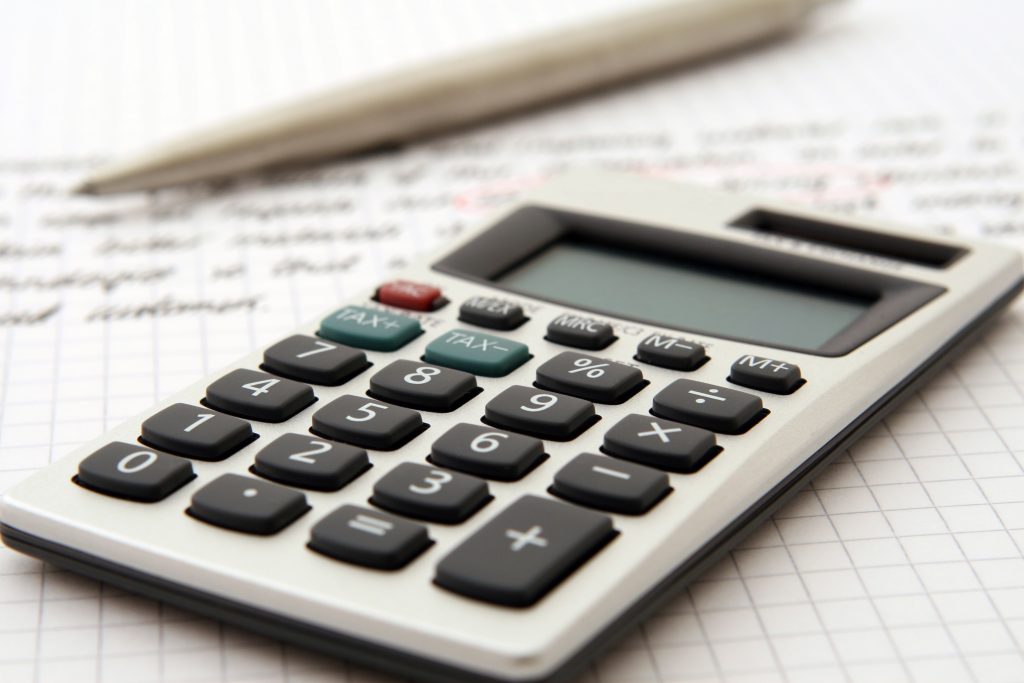It’s a saying often attributed to one of the Founding Fathers of the United States, Benjamin Franklin, that in this world nothing is certain, except death and taxes.
And Value Added Tax (VAT) is a tax that can certainly impact both individuals and businesses alike.
What is VAT?
VAT/NHIL (National Health Insurance Levy) is a consumption tax imposed on the price a consumer pays for goods and services. In Ghana, persons eligible for VAT registration include an individual, a limited liability company, a partnership, a branch of a business or a group of corporate bodies. As a general rule, a person must register for VAT:
- If at the end of any period of twelve (12) months or less, a person makes taxable supplies (supply of goods or service) exceeding GHC 200,000; or
- If a person has reasonable grounds and expects to make taxable supplies exceeding GHC 200,000 during the twelve month period. As failure to register for VAT attracts a stiff penalty, you must carefully assess your circumstances and make projections, when determining whether you must register for VAT.
Ghana VAT Record Keeping Advice
What Records Should Be Maintained By A Vat Registered Person?
A VAT registered person must keep adequate records to prove that he has complied with the VAT Act, and accounted for and paid any VAT due. The minimum records that must be maintained are:
- A VAT account showing the total output and input taxes due to or from the Commissioner General for each month.
- Relevant accounting records such as sale and purchase records, cash books, ledgers and supporting analysis, debit and credit notes issued.
- Copies of all tax invoices and receipts issued.
- Copies of all tax invoices and receipts received for purchases made.
- Import and export documents.
In What Format Must The Records Be Kept?
The records may be kept in hard copy or electronically. The challenge with documents in electronic form is proving authenticity. The Ghana Revenue Authority has some conditions to cover the records stored electronically. The conditions are that the taxpayer:
- Should be prepared to print out copies of the document at his expense when requested by the tax officials.
- Should provide competent IT personnel, at his expense, to assist the tax officials with any verification or audit they may conduct.
For How Long Should The Records Be Kept?
The registered person is required to maintain the VAT records for a minimum of six (6) years. After six years, the records can only be destroyed with the written permission of the Commissioner General.
What Are The Penalties For Non-compliance?
The penalties for non-compliance are:
- For non-registration, the penalty is not more than twice the tax collected from the time a person became eligible to be registered.
- The penalties for failing to keep adequate records are:
- Where failure is intentional, seventy-five percent (75%) of tax attributable to that period.
- Where the failure is not intentional, the penalty is GHC 250 for each month where the documents are inadequate.
The exact penalty will be determined by the tax officials.
In Summary
In short, if you ensure you are maintaining the records in the manner outlined above, you will avoid penalties and be able to provide supporting records during a VAT audit.
Written by Ellen Codjoe
Ellen is a Junior Associate in the tax unit of SCG
Contact us today to speak with one of our team of experts.

